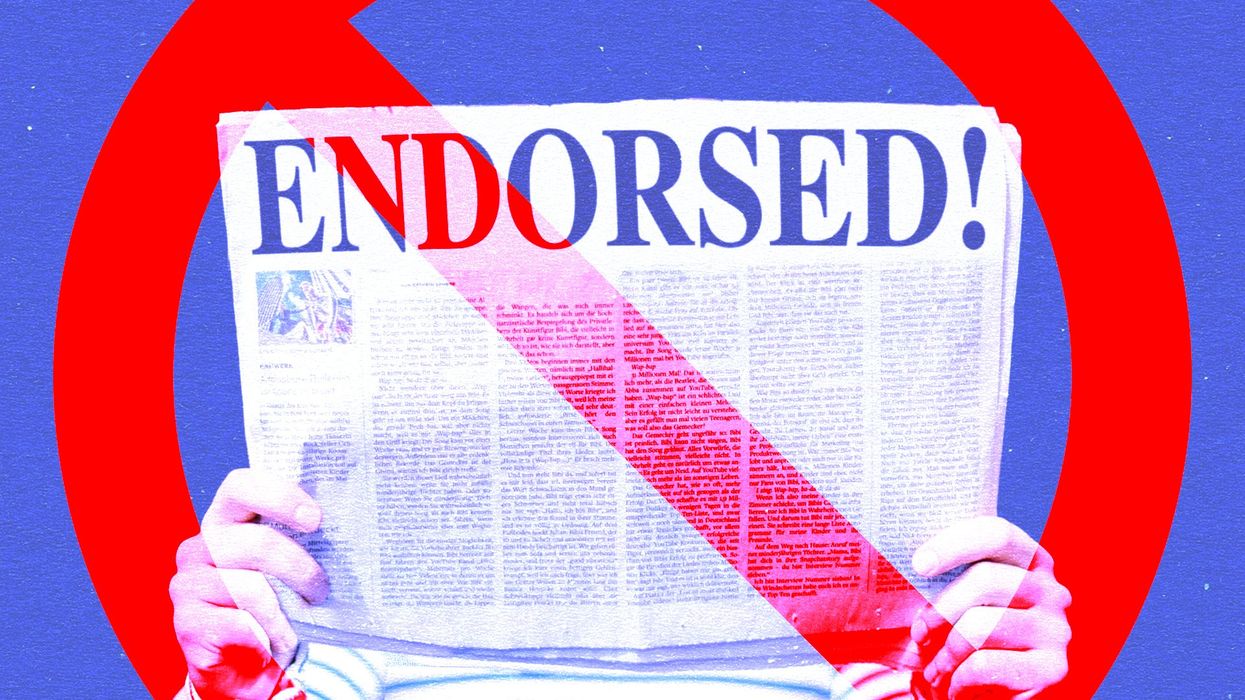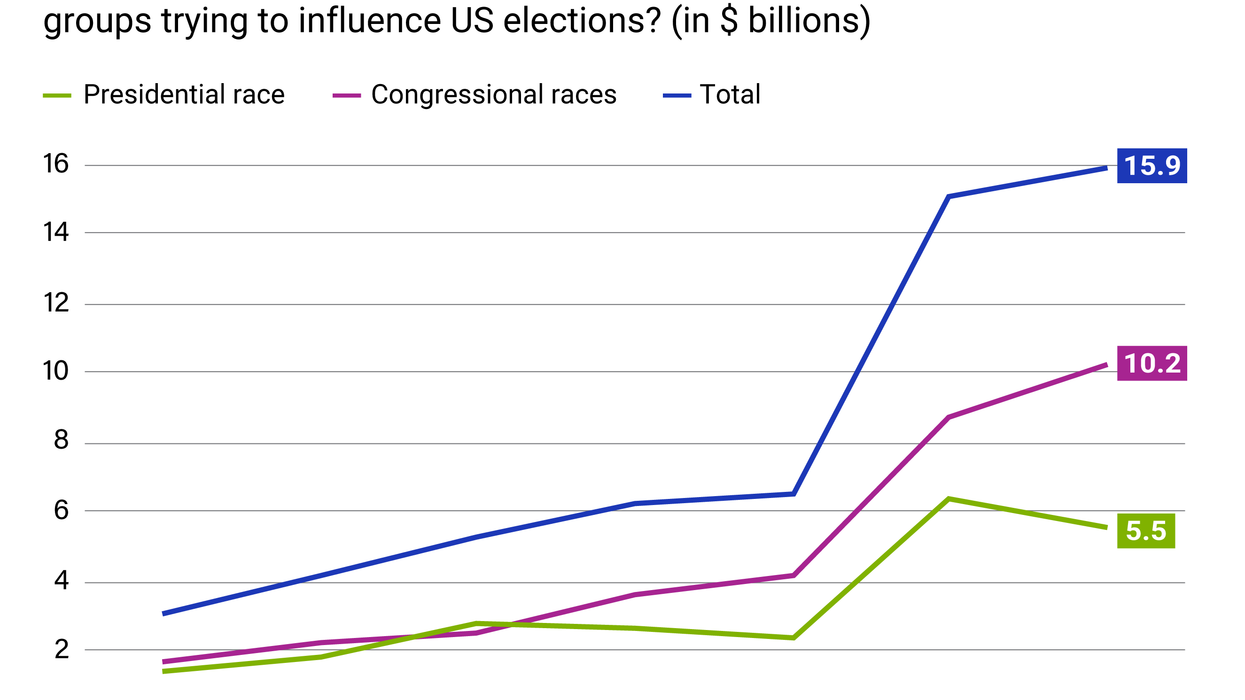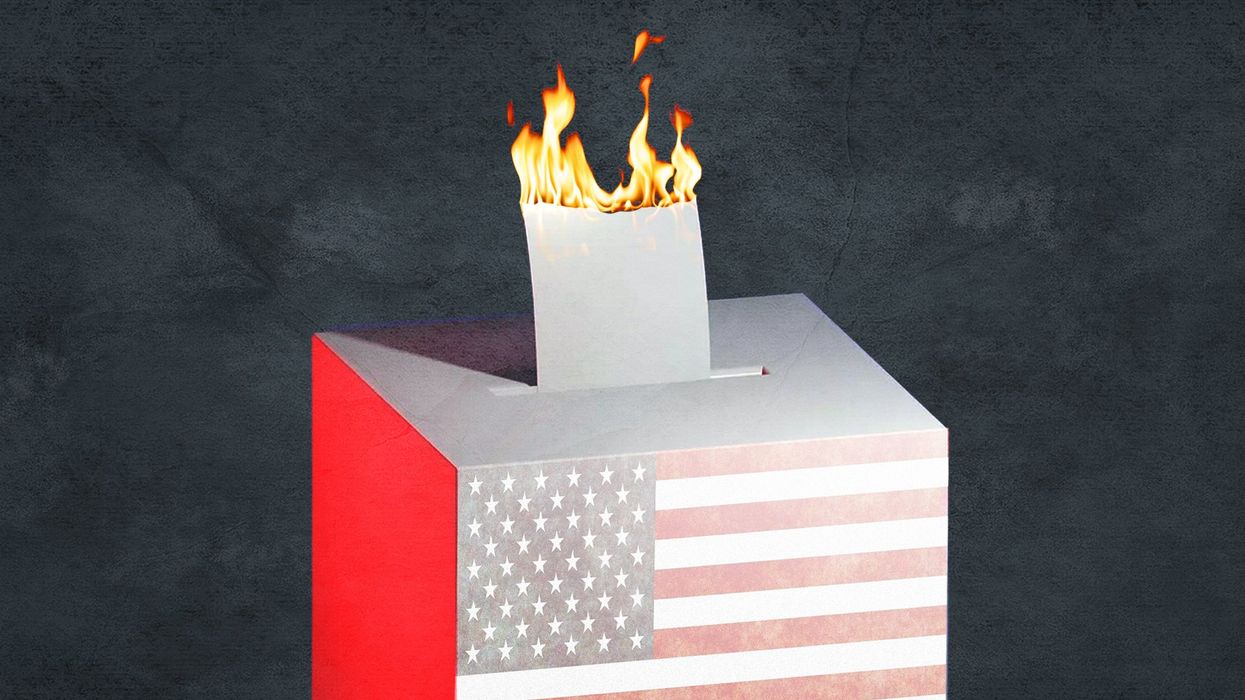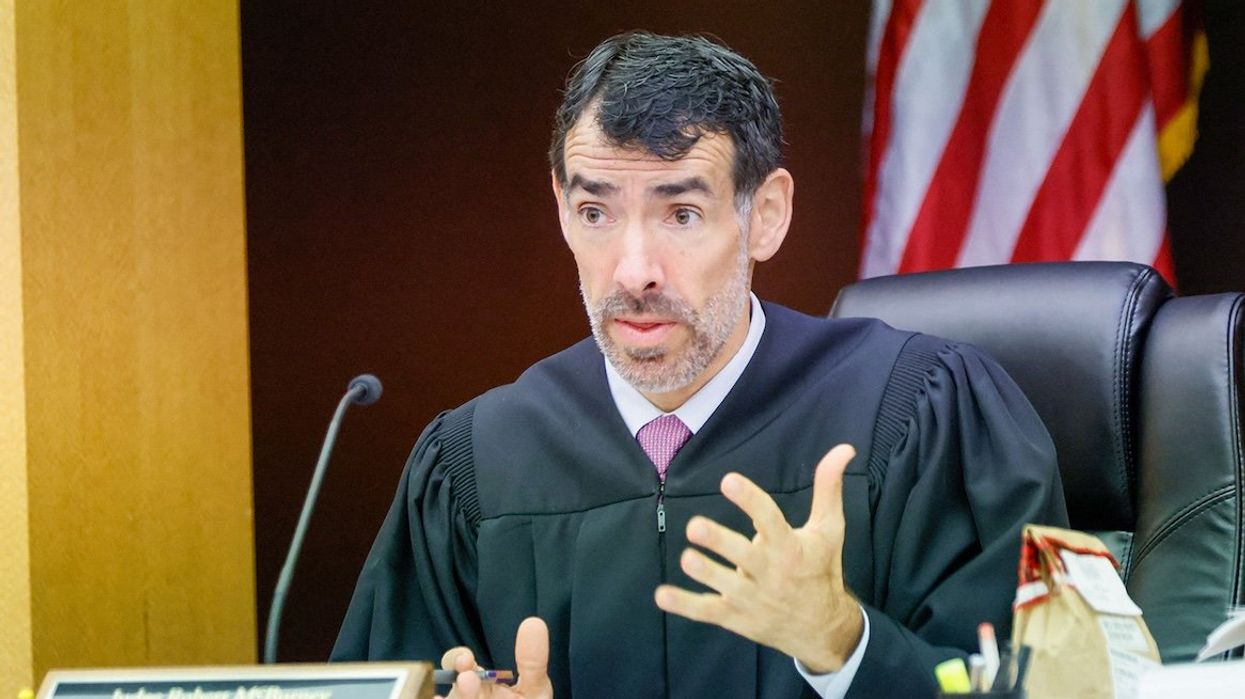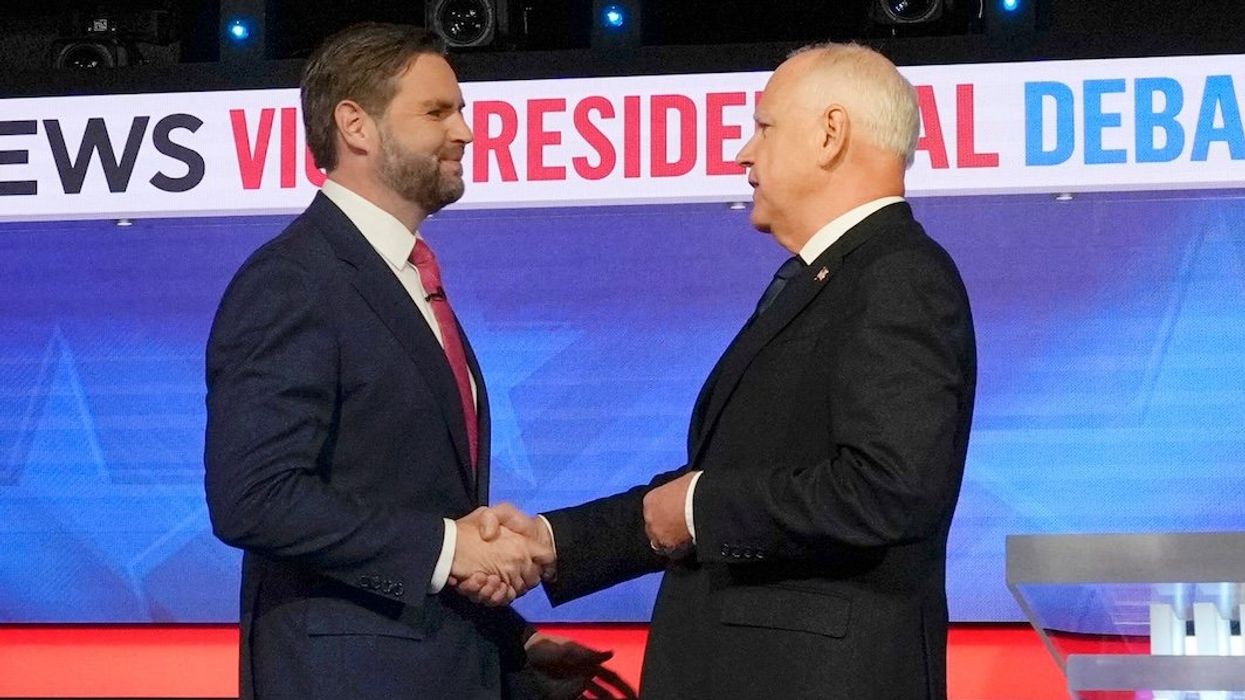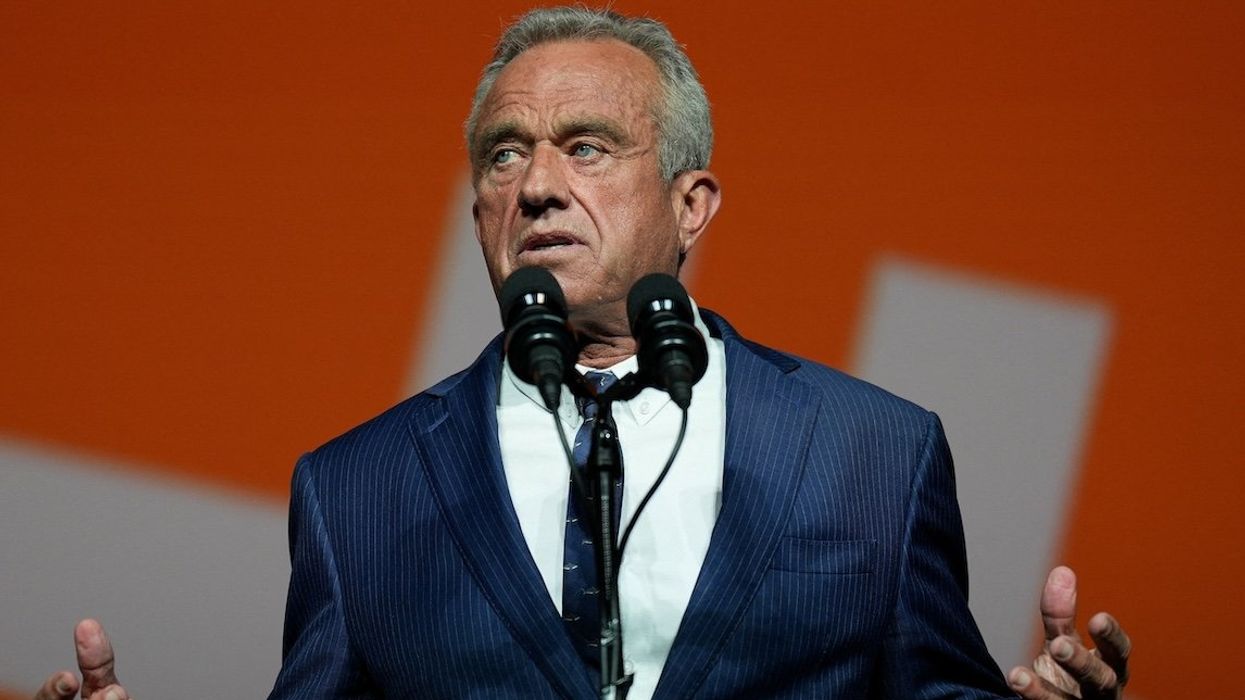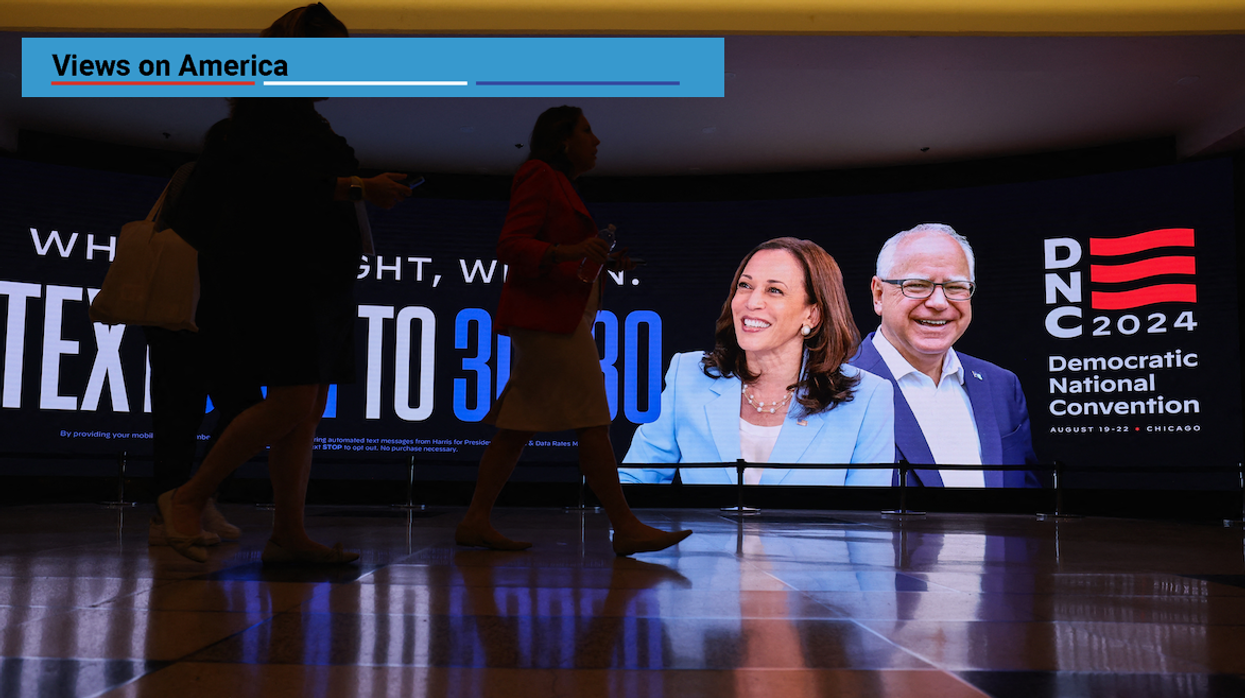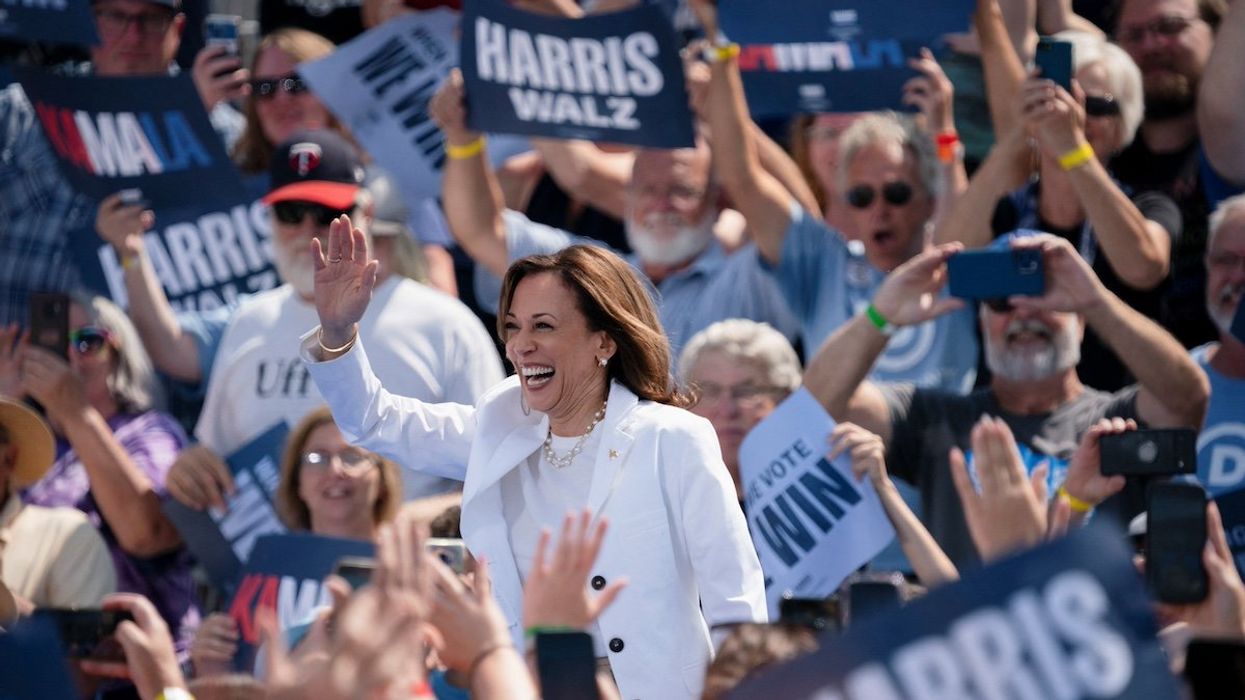GZERO North
Political endorsements: Do they help or hurt trust in journalism?
Yanking endorsements days before a close election is like giving yourself a political wedgie, an awkward, painful experience that seems inappropriate and undermines the integrity of the decision — and yet, while the timing looks weak, the merits of the argument are strong, writes GZERO Publisher Evan Solomon. He weighs in on Washington Post owner Jeff Bezos’ last-minute decision to no longer publish political endorsements — and explains why GZERO never endorses candidates.
Oct 31, 2024
